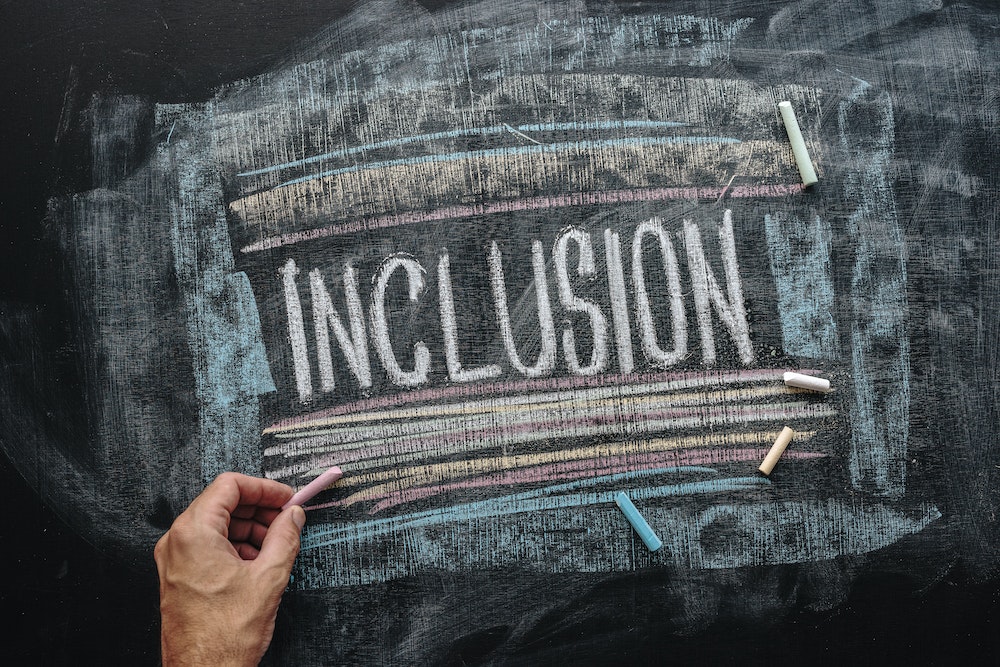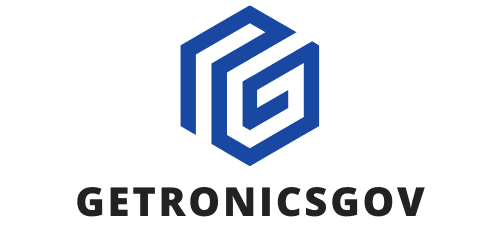How Can Personalized Learning Technologies Benefit UK Students with Disabilities?

In the age of digitalization, advances in technology are transforming every aspect of our lives, including the way we learn. Nowhere is this more evident than in the realm of education. Traditional learning methods are increasingly giving way to innovative educational technologies that offer a personalized approach to learning. In this article, we delve into how these technologies, spearheaded by giants like Google, can better support UK students with disabilities.
Understanding Personalized Learning Technologies
Personalized learning technologies refer to the use of software and online tools to tailor education to the unique needs of each learner. These applications can modify content, pace, and learning methods based on a student’s strengths, weaknesses, and preferences, essentially providing a custom education experience.
A lire aussi : How Is Augmented Reality Shaping the Future of UK’s Real Estate Marketing?
Personalized learning technologies hold significant potential for students with disabilities. Traditional classroom environments can sometimes be challenging for these students, as they often struggle with the ‘one-size-fits-all’ approach. Personalized technology can break down these barriers, enabling these students to learn at their own pace, in their own way, thus turning their educational journey into a more engaging and fruitful experience.
The Role of Google in Personalized Learning
Google, a leading player in technology, has also made significant strides in the field of education. The tech giant offers a suite of educational tools, including Google Classroom, Google Scholar, and Google Drive, all designed to facilitate learning and collaboration.
Lire également : Teletubbies Costumes: Discover their evolution and universal popularity
Google’s tools are particularly beneficial for students with disabilities owing to their accessibility features. Google Classroom, for example, offers a range of accommodations, such as text-to-speech, speech-to-text, and magnification features, which can be incredibly helpful for students with visual or auditory impairments.
Similarly, Google Scholar offers easy access to a wide array of scholarly literature, enabling students to access and crossref data for their study, an invaluable resource for those with mobility limitations.
The Power of Data in Personalized Learning
Data plays a pivotal role in personalized learning. By collecting and analyzing data on a student’s performance, personalized learning technologies can adapt content and instruction to each student’s needs. This is especially beneficial for students with disabilities as it enables teachers to provide targeted support, thus enhancing the learning experience.
For instance, these technologies can monitor a student’s progress over time, allowing teachers to identify areas of difficulty and adjust instruction accordingly. Furthermore, they can provide instant feedback, enabling students to understand their mistakes and learn from them.
The Potential of Personalized Learning Technologies for UK Students with Disabilities
The benefits of personalized learning technologies for UK students with disabilities are manifold. Firstly, they can provide a more inclusive learning environment. By adapting to the needs of each student, these technologies can help to level the playing field, enabling all students, regardless of their abilities, to reach their potential.
Secondly, they offer increased flexibility. Students can study at their own pace, taking more time on challenging topics and progressing more quickly through areas they find easier. This can reduce the stress often associated with traditional classroom learning.
Thirdly, personalized learning technologies can foster greater engagement. By tailoring content to a student’s interests and learning style, these technologies can make learning more interesting and enjoyable, thus increasing motivation.
The Role of Teachers in Implementing Personalized Learning Technologies
While personalized learning technologies offer significant advantages, their success depends on effective implementation. Here, the role of teachers is crucial.
To leverage the full potential of these technologies, teachers need to embrace them as tools to enhance, rather than replace, traditional teaching methods. They should be open to learning about these technologies and integrating them into their teaching practice.
Moreover, teachers should use these technologies to facilitate individualized instruction and provide timely, targeted feedback. They should also use the data from these technologies to inform their instruction and support students’ learning.
In conclusion, personalized learning technologies offer a promising solution for UK students with disabilities. These technologies, supported by the commitment and engagement of teachers, can help to create an inclusive, flexible, and engaging learning environment, enabling all students to realize their full potential.
The Use of Artificial Intelligence and Virtual Reality in Personalized Learning
Artificial Intelligence (AI) and Virtual Reality (VR) are two key technologies powering personalized learning. When it comes to supporting students with disabilities, these technologies can offer even more compelling advantages.
AI in education, particularly in the form of intelligent tutoring systems, can provide a unique, adaptive learning experience. These systems can assess a student’s individual learning needs and adapt instructional content accordingly. For example, they can identify a student’s strengths and weaknesses, adapt the learning content to match their skill level, or suggest supplementary materials to reinforce learning.
Virtual Reality, on the other hand, can provide immersive learning experiences. For students with disabilities, VR can offer a unique way to engage with educational content. This technology can simulate physical presence in real or imagined environments, making abstract concepts more tangible and accessible. For children with special needs, this can significantly enhance the learning process.
Google Scholar, a widely used AI tool, efficiently cross-references scholarly literature. The Scholar Crossref feature enables students to access a vast array of scholarly literature, a feature that can be especially beneficial for students with mobility limitations.
Assistive Technology: Maximising the Benefits of Personalized Learning for Students with Disabilities
In the realm of special education, personalized learning technologies are proving game-changing. One such technology is assistive technology, which can support students with disabilities in many aspects of their learning.
For example, text-to-speech software can assist students with visual impairments by reading text aloud, while speech-to-text software can support students with physical impairments by transcribing spoken words into text. These technologies allow students with disabilities to engage with educational content in ways that suit their individual needs.
Moreover, assistive technologies can also support the learning analytics process. By tracking a student’s engagement and interaction with learning materials, teachers can gain insights into a student’s learning process and provide more tailored support.
Conclusion: The Path Forward for Personalized Learning in the UK
In conclusion, personalized learning technologies hold immense potential for improving the educational experiences of students with disabilities in the UK. Whether it’s AI-enhanced adaptive learning, immersive VR experiences, or assistive technologies, these tools can transform the learning environment to be more inclusive, engaging, and effective.
Nevertheless, the successful adoption of these technologies hinges on the commitment of both teachers and education systems. Teachers must be willing to learn about these technologies and integrate them into their teaching practice. On an institutional level, schools and higher education establishments must be prepared to invest in these technologies and provide the necessary training and support.
The future of education lies in personalization, and with the right commitment and resources, the UK can lead the way in leveraging technology to ensure every student, regardless of their abilities, can achieve their full potential.
